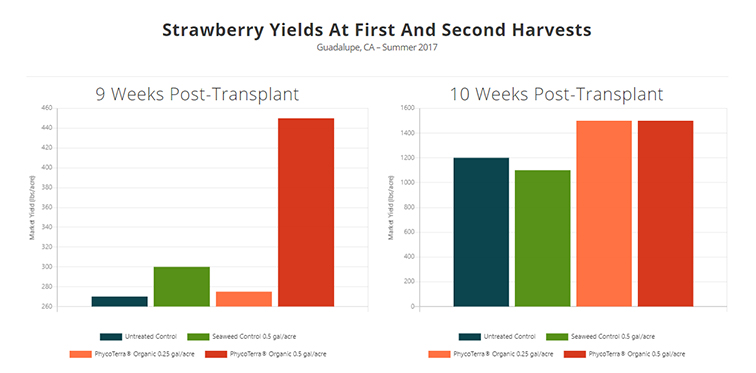Still Plenty On The Plate Regarding Food Safety Modernization Act [Opinion]

Lisa Lochridge
Comments have been submitted by FFVA regarding four revised rules proposed under the Food Safety and Modernization Act: Produce Safety, Preventive Controls for Human Food, Preventive Controls for Animal Food, and Foreign Supplier Verification Programs.
The rules originally were proposed in 2013. Comments from the industry numbered in the thousands, so the agency modified the rules and released them again for another round of comments.
As part of the process, FDA held listening sessions in various parts of the country last fall to hear from agriculture stakeholders and discuss the revised rules. One of those sessions was hosted by the Florida Department of Agriculture and Consumer Services in November at the Gulf Coast Research and Education Center.
At that meeting, FDA officials outlined changes to the proposed Produce Safety rule and the Foreign Supplier Verification Programs rule.
“The agency has been remarkably open in this process, willing to have conversations like these. Particularly for Florida and our interests, you’ve done a good job of being an open book on this,” FFVA President Mike Stuart told the FDA panel. “We have a ways to go on the rules, but we’ve made good progress.”
According to the agency, highlights of the revisions include:
- The Produce Safety Rule now provides more flexible criteria for determining the safety of agriculture water for certain uses and a tiered approach to water testing. Industry feedback on the original rule pointed out that the costs associated with the proposed testing regime were high with minimal benefit to public health.
- The definition of “farm” would be revised. A farm no longer would be required to register as a food facility just because it packs or holds produce grown on another farm under different ownership. Those activities would fall under the Produce Safety Rule instead of the Preventive Controls Rule.
- The Foreign Supplier Verification Program now includes a more comprehensive analysis of potential risks associated with foods and foreign suppliers and more flexibility for importers in determining appropriate supplier verification measures based on their evaluation of their risks.
One Bite At A Time
Comments on the revised rules were due to FDA on Dec. 15. Although the revisions improved the rules, more work needs to be done, according to Mike Aerts, FFVA’s director of production and supply chain management, who wrote the comments with input from FFVA members. For example, in the Produce Rule, the association still strongly objects to FDA exempting “very small” farms with annual sales of $25,000 or less from food safety regulations.
“We still strongly oppose the notion of permitting any type of food safety exemptions for any agricultural establishment, regardless of size or location,” the comments state. “The need for food safety practices is not and should not be dependent on the size of the operation. According to FDA’s own numbers, more than 190,000 domestic farms grow produce. Of those, FDA estimates that more than 149,000 of them — nearly 79% — will not be covered by the Produce Rule because they grow products that are rarely consumed raw, fall below the $25,000 threshold, or qualify for a small farm exemption. Conversely, FDA estimates that only about 40,000 produce farms are fully covered and would have to implement all of the standards outlined in the proposed rule.”
Clear As Mud
Despite the changes in the water-testing criteria in the Produce Safety rule, FFVA still has concerns and has asked for clarification on a number of points. “The revised testing metrics are an improvement as a safe harbor, but they still are not science- or food-safety based. Such metrics should be presented and relegated to guidance until science provides a truly appropriate approach,” the comments say.
FFVA also questions how the water standards would apply to foreign suppliers. “We also remain very concerned about how the proposed microbial water requirements will be regulated with foreign produce imported into this country. Evidence of testing and monitoring must be developed, present, and available to FDA to ensure foreign farms follow the same requirements as domestic farms, and that approved analytical methodology is simultaneously being applied correctly when conducting microbial analysis and die-off rates.”
To see FFVA’s comments on the four revised rules in their entirety, visit FFVA.com.










